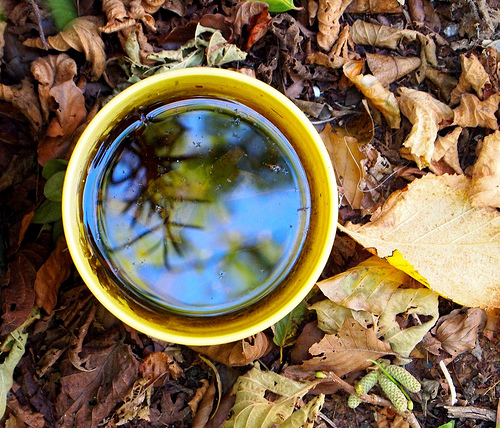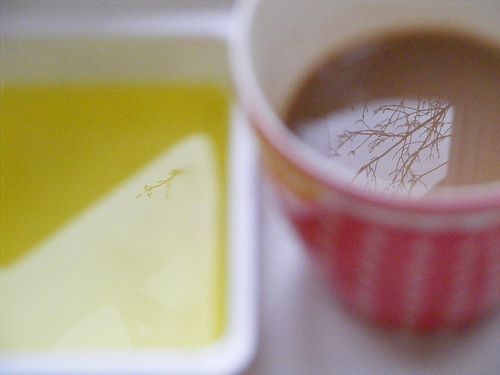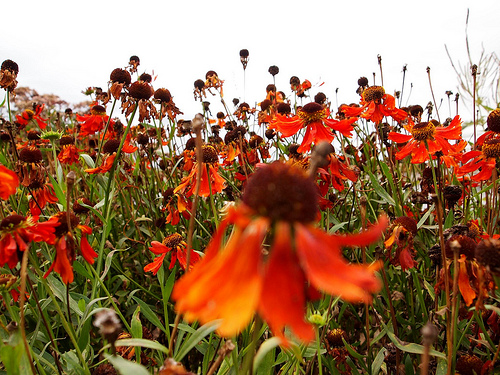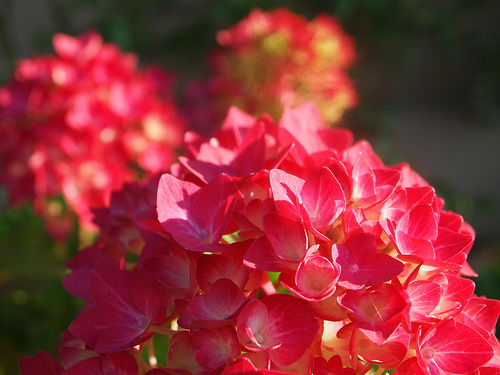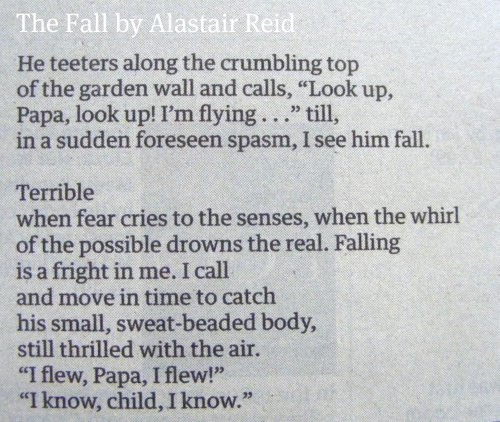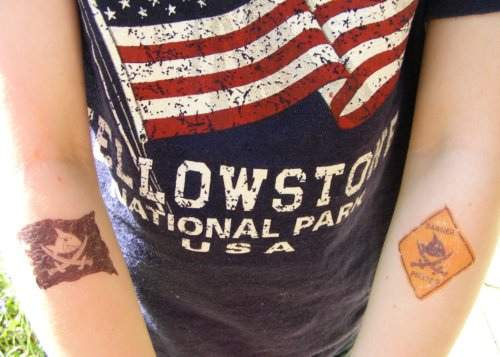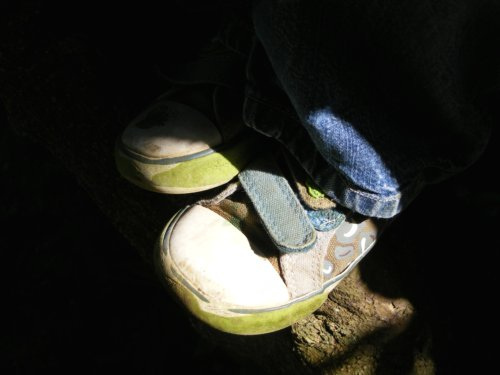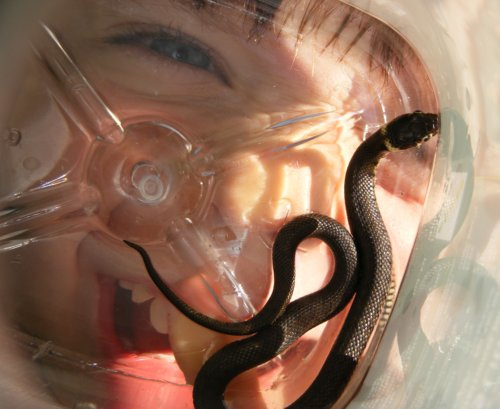wing's beat

Twice weekly I sit pool side as Joel swims into the early evening and those little pockets of time have become an unexpectedly pleasurable part of my week. Once I've thrown off all the layers I need in the world outside, and am better placed to withstand the throat-catching heat, I settle into my nook at the back of the stands and gaze on the activity around the pool.
For a few minutes it's like watching birds flock and gather: all is flurry, noise and motion as busy chattering mingles with the slip-slurp of wet feet and the colour-flash of swimsuits as girls bend heads to knees to fold long hair into hats. The young boys laugh and wheel their arms in animation; their long limbs lengthened further by the monochrome stretch of knee-length lycra. The older ones hold their bodies awkwardly, watching the girls shyly from under still-dry fringes. Then groups begin to slip into the pool, stopping momentarily with the cold shock of water, before arms and legs start moving and the whole pool becomes alive with the grace of bodies in water. No longer boy and girl, in the water they become swimmer - athlete. Finally, as the air calms into the regular soothing rhythm of churn and splash, the busy hum of my mind calms and I reach into the chaos of my bag and pick out a book.
Over the last couple of sessions I've been reading Kathleen Jamie's intimate, weather-filled essay collection Sightlines. I close my eyes and think about the book. I think of wind, light, birds, sea, sky, home. Transience. A startling, poetic precision of language that sometimes made me shiver. But I can't separate my experience of reading of it from the sensation of itchy, chloriney heat and yellow light on blue water and the simple, touching pleasure of watching children determinedly ploughing back and forth. Watching, amongst others, my child. In the final paragraph of the final essay - Wind - she writes:
'There are myths and fragments which suggest that the sea that we were flying over was once land. Once upon a time, and not so long ago, it was a forest with trees, but the sea rose and covered it over. The wind and sea. Everything else is provisional. A wing's beat and it's gone.
That wing's beat echoes in the arc and stretch of the young arms pulling through water in front of me as I read; pulling, striving, growing. Growing up and away. A wing's beat - and they're gone.

 March 17, 2013
March 17, 2013



